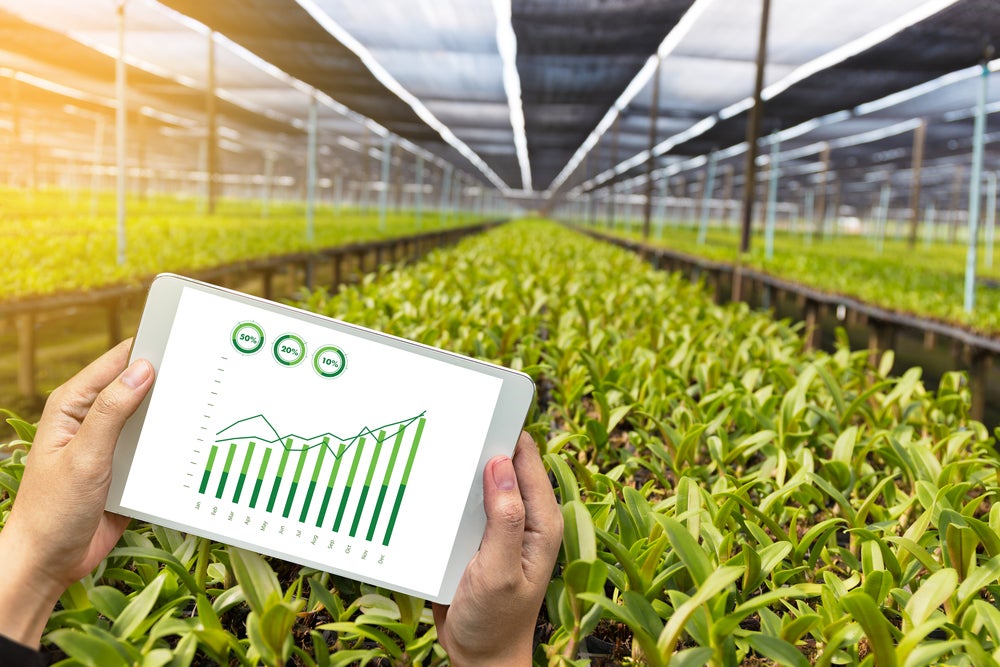Agri-tech start-ups are attracting big name investors in quest to use cutting-edge technology to transform agriculture
The agricultural market has experienced a decelerating growth due to pressure on fees paid to farmers. Trade environments around the world are changing as prices fluctuate due to global trade patterns and extreme weather events. Now, agri-tech start-ups are seeking to use technology to radically develop the agricultural industry and big tech players are getting involved as well.
Farmers Business Network (FBN), a Californian agri-tech startup, provides agronomic data on seeds, fertilisers, marketing and ecommerce platform for grains.
Indigo Agriculture, by applying algorithms and machine learning to databases, produces information based on which microbes are most beneficial to plant health. Another uses blockchain technology to allow companies to monitor crops in real time.
The use of data science and AI technology is crucial for securing production in the agricultural market. Farmers could protect themselves from weather patterns, secure the cost and selling price of their production and being included in a platform where they could exchange information and sell their products in a more convenient way.
Differentiating the most suitable seed for a specific environment, or selecting an environmentally friendly fertiliser capable of protecting crops, will boost farming output around the world.
How well do you really know your competitors?
Access the most comprehensive Company Profiles on the market, powered by GlobalData. Save hours of research. Gain competitive edge.

Thank you!
Your download email will arrive shortly
Not ready to buy yet? Download a free sample
We are confident about the unique quality of our Company Profiles. However, we want you to make the most beneficial decision for your business, so we offer a free sample that you can download by submitting the below form
By GlobalDataCompanies offering these and other such services are attracting investors keen to be involved with early leading players in what many see as a market primed for rapid expansion.
After raising over $700m, investors see great potential in the combination of technology and farming
Google, through their venture capital fund and Temasek, a Singaporean state investment fund, have invested more than $100m into FBN since 2017. The Investment Corporation of Dubai invested over $250m in Indigo Agriculture, increasing its total finance more than $650m, where Pitchbook estimates its value at $3.2bn.
Data manipulation and AI guidance systems are a crucial component for agri-tech companies. By investing in agri-tech companies, Google will be able to collect and manipulate data, making the services of the Californian tech-firm commercially valuable to big agricultural players.
Other large tech players such as IBM are also getting involved; the company recently announced a partnership with Hello Tractor.
Leading investors appear set to follow the example, increasing the demand for agri-tech start-ups. However, hype has inflated valuations, which could hurt both the start-ups and the nascent market. Yet the growth potential of agri-tech and the possible benefits for the farming industry mean returns on investment could be substantial.
Agri-tech innovations will drive future agricultural growth
Production that is relatively unimpeded by microorganisms, weather events, and a plethora of other variables holds huge business potential thanks to advanced forecasting and data validation techniques.
Much more accurate predictions regarding yield and even estimated prices before crops are even harvested will secure business for young agri-tech firms.
Commodity prices would likely become more stable, helping leading agricultural players to improve margins without taking undue risk.









Related Company Profiles
Google LLC
Indigo Agriculture Inc